From Trinidad to The Hague: Justice Alexis-Windsor joins International Criminal Court
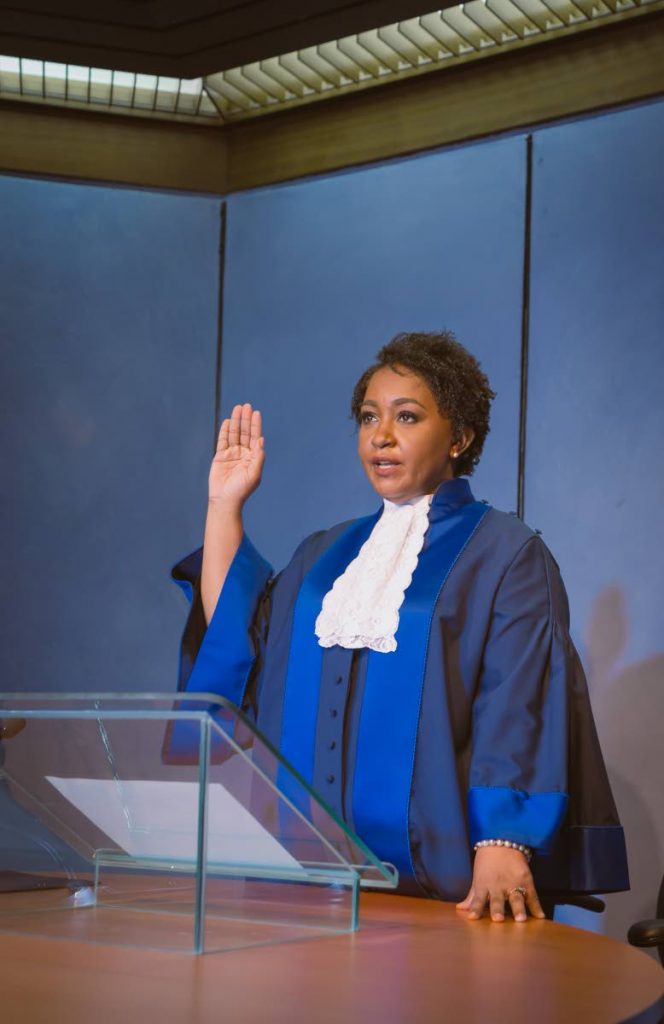
From playing hopscotch on the streets of Point Fortin with dreams of becoming a lawyer, to being elected to the International Criminal Court (ICC), Justice Althea Alexis-Windsor has had quite a life. The 47-year-old mother of two told WMN about her journey and how she lives by the mantra, “You never stop learning.”
Alexis-Windsor was born and raised in Fanny Village, Point Fortin, and is the last of seven children – four boys, three girls – born to Grenadian parents Violet and Henry. She told WMN her family was very close and that her childhood was “a little old-fashioned."
“It was fun. It had a lot of hopscotch-playing, a lot of moral-playing, running in the street, riding bikes…We had no electronic gadgets. It was all very engaging and very community-spirited.”
She also read a lot, joking that she had possibly read every book at the Point Fortin Public Library. She attended the Fanny Village Government Primary School, Vessigny Secondary School (previously Vessigny Antilles Government Secondary School) in La Brea, and then St Joseph’s Convent, San Fernando for A-Levels. Throughout those years, she said she was keenly interested not just in law, but also in archaeology.
“But it just seemed a bit far-fetched at the time. I like history, so that’s why I’m interested in it…Now, if I see an article or something on the History Channel on things like (Ancient) Egypt, I would read or listen.
"But I always loved law.”
At 18, she began studying law at the University of the West Indies, St Augustine – a journey she said was neither difficult nor a walk in the park.
“You couldn’t just breeze through. You definitely had to do the work, you had to keep up with the reading – and it was a lot of reading and a lot of time. But it was doable,” she said.
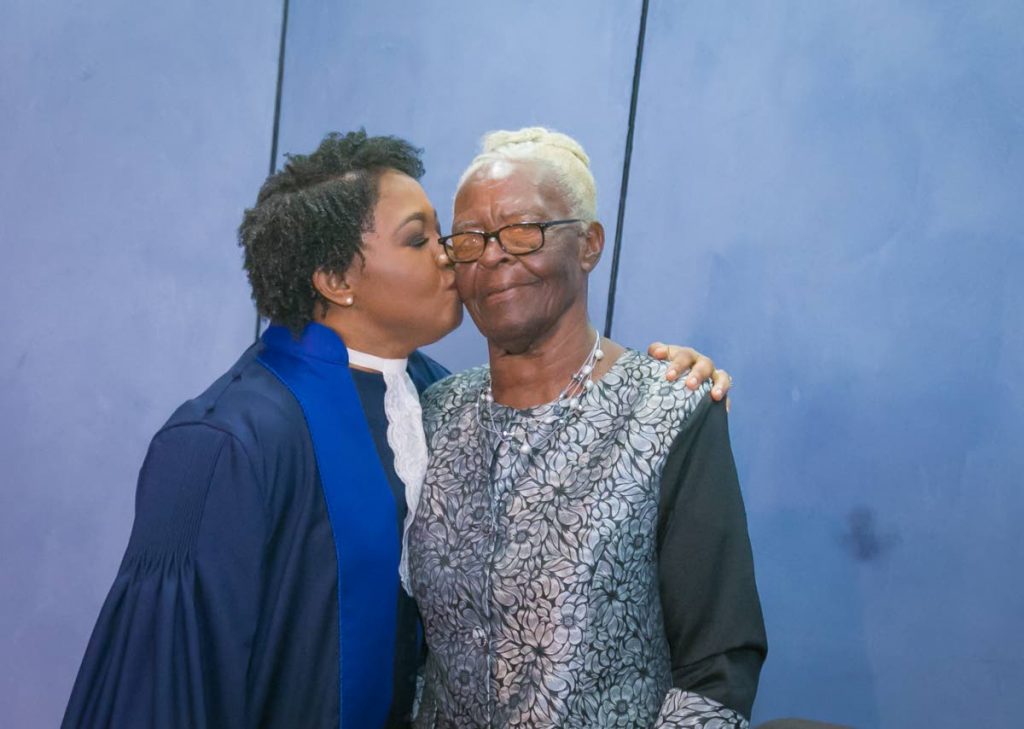
But while school teaches a lot, experience is often another teacher that working professionals encounter in life. And on becoming an attorney at age 23, she had a lot more to learn.
Asked what she learnt within her first few years of legal practice that she didn’t necessarily learn in law school, she said, “I learnt that you need to keep on reading…You’re so relieved when you’re finished school, and when I started practising, I discovered what I thought was a sigh of relief was really a time of beginning."
"Everything I learnt in school was good and true, but it was a foundation that needed to be built upon. School was one thing but with practice, at the end of the day, people are relying on you. If you are someone’s lawyer, then you have to be fully prepared. It was no longer to pass an exam, but it was someone’s life and had to be taken very seriously.”
After three years of practising law locally, she ventured to the Netherlands to do her master’s in international criminal law, with a focus on internalisation of crime and criminal justice at the University of Utrecht. She said this programme was actually easier than her first.
“By then, I would have been practising law for a few years, so it’s like I was legally trained already.
“So when you’re doing law and law school, it’s very varied, because they have to ensure they give you all the tools that you need. So it would mean you may not love all the courses the same, but you have to know these things, whether you love it or not, because you have to be as well-rounded as possible and have a wide range of knowledge.
"But at the master’s level now...you’ve chosen what you like.”
While there, she said, she was grateful for the experience of meeting so many people with different cultural backgrounds.
“You have things in common with people from different countries…There’s a baseline in humanity that you can find something in common with…I liked learning about the culture of other people, I remember someone showing us how a traditional Japanese tea ceremony was done, and I loved it.”
She added, “They loved my accent. They thought it was very ‘cool and Caribbean.’”
She then returned home, where the learning continued. She recalled being impressed, not intimidated, by seeing those senior to her and how they excelled.
“They were very helpful. They weren’t mean. They had achieved a lot and were respected in the profession, and that was really impressive.
“When you’ve just started, you can feel a bit overwhelmed before you catch yourself and really get into it…I think just having to keep up with so many matters was sometimes a challenge for me.”
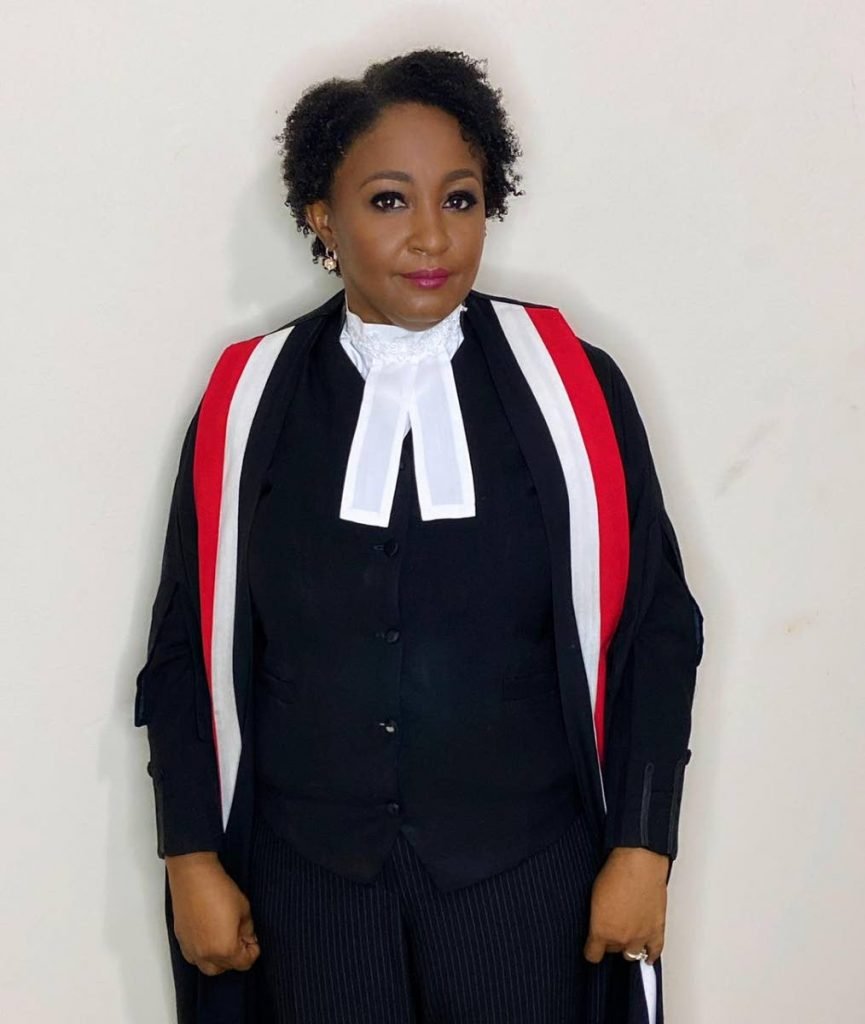
She was appointed a High Court judge in 2013 and has since dealt with both pre-trial and trial matters including murder, sexual offences and narcotic drugs.
She was also a prosecuting trial counsel and appeals counsel at the International Criminal Tribunal for Rwanda from 2004-2013, where she dealt with prosecuting crimes against humanity, war crimes and genocide at both trial and appellate level, including cases involving charges of sexual violence.
She was also a senior state counsel at the Office of the Director of Public Prosecutions and deputy director of the Human Rights Unit at the Office of the Attorney General.
But she advanced to another level yet again on March 10 when she recited a new pledge.
“I solemnly undertake that I will perform my duties and exercise my powers as a judge of the ICC honourably, faithfully, impartially and conscientiously and that I will respect the confidentiality of investigations and prosecutions and the secrecy of deliberations.”
She then signed her declaration. She certainly stood out at the ceremony – literally – being the only person with their face on a propped-up screen as she attended virtually. The ceremony was held at the seat of the court in The Hague, Netherlands.
She said she felt “privileged to be a part of international criminal justice.”
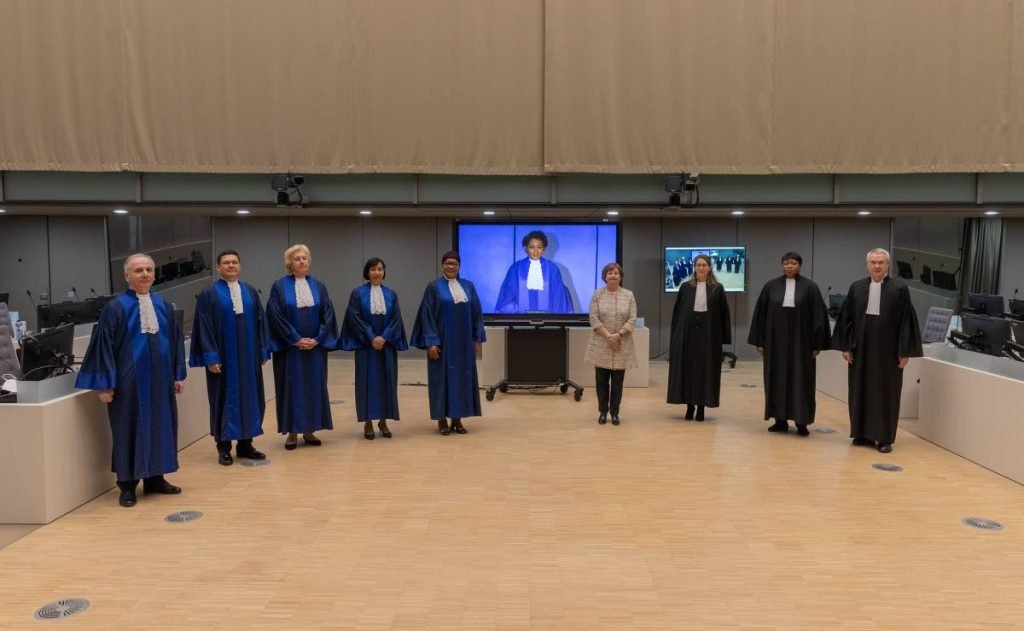
But such a selection does not happen overnight. There was a pretty lengthy process to get there.
She was nominated by TT’s permanent mission to the UN in April, which was also endorsed by Caricom. She was also interviewed by officials from the ICC, which she said, “was good. They have a process by which they assess, so I was assessed as highly qualified – but so were other people.”
She was then elected in the eighth and final round of a voting process, surpassing her rival from Tunisia, Haykel Ben Mahfoudh. She earned 86 votes and Mahfoudh 32.
Judges nominated to the ICC have experience in either litigating or adjudicating cases before the International Criminal Tribunals and the ICC.
In a questionnaire published on the ICC’s website on the nominees, she had said she believed she had a contribution to make in international law.
“I have an abiding desire to see the legal system provide catharsis for witnesses and victims and to be a part of the mandate of the ICC to erode impunity for breaches of international criminal law.”
Asked if this achievement was always the goal, she humbly said, “Not really. I was just living and doing my best.”
She will serve in this position until 2030.
Alexis-Windsor said that after a year of the pandemic, she thinks she has finally got the hang of working online. And with her 13- and ten-year-old sons also switching to virtual learning, she had a lot more learning to do.
“Many people struggle with that issue of balancing work and their personal life, and I’m no different, especially over the last year, with the online school and online court being in the same house.
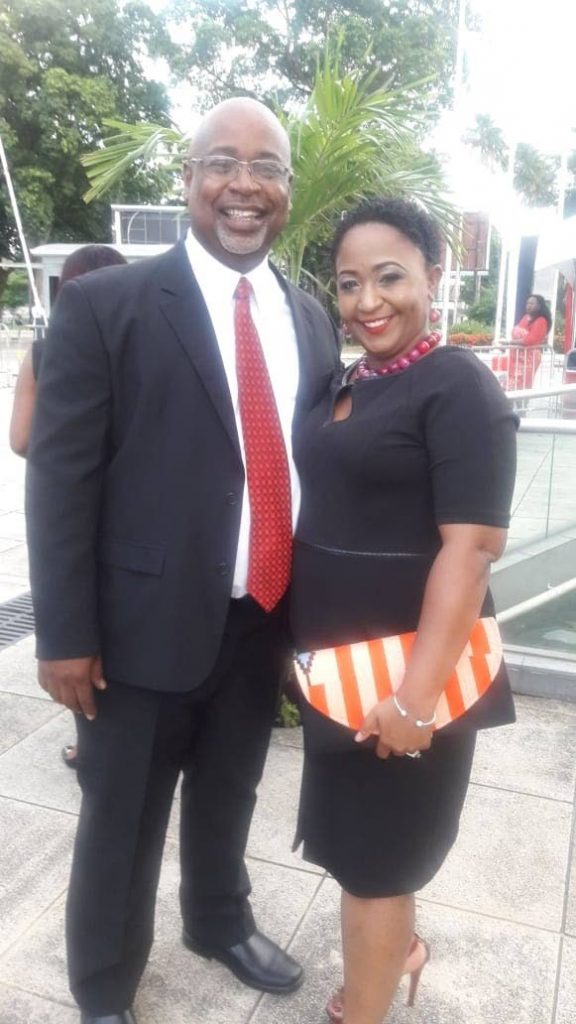
“It took some juggling, and it’s still taking some, but I think we’ve gotten much better at it now. My husband (Michael) and I are very supportive of each other. We try our best and forge on.”
She believes the term "justice" represents fairness, the right to be heard and equality before the law.
Asked what advice she had for those hoping to follow in her footsteps, she said, “You must have a destination in mind, but however you shape it or execute it, the journey is going to involve work.
“There will always be things that stand out. Remember, you’re always learning, eh. You never stop learning. I haven’t gotten to the point where I can say I know everything. I am still learning, and I’m still curious.”

Comments
"From Trinidad to The Hague: Justice Alexis-Windsor joins International Criminal Court"